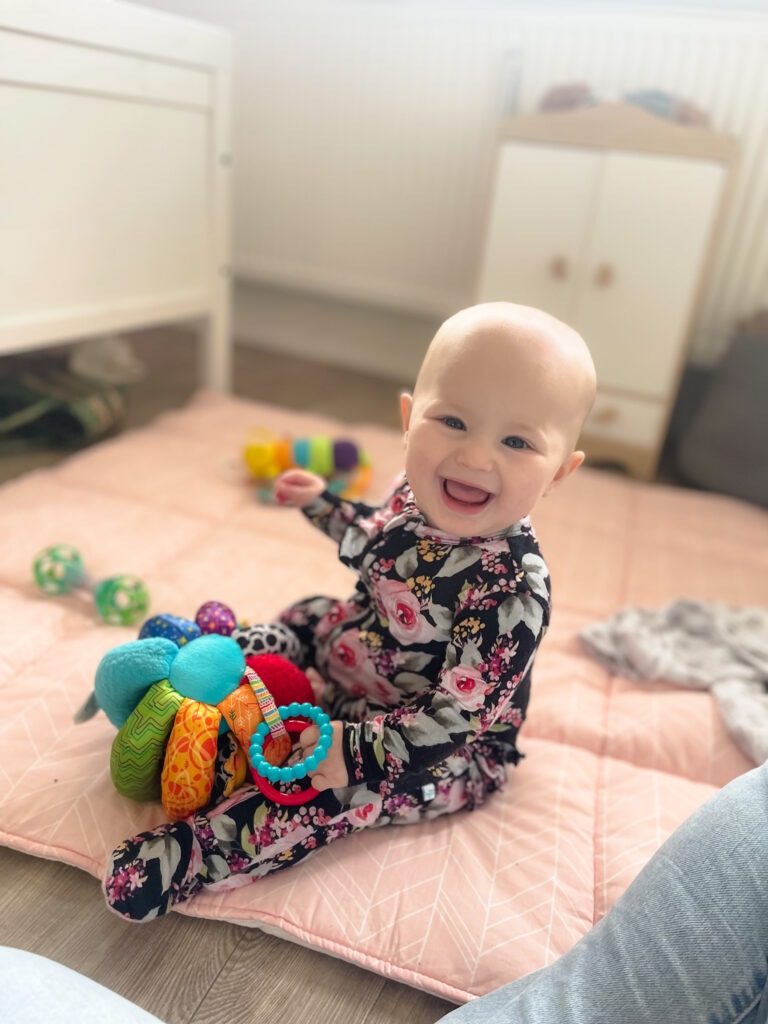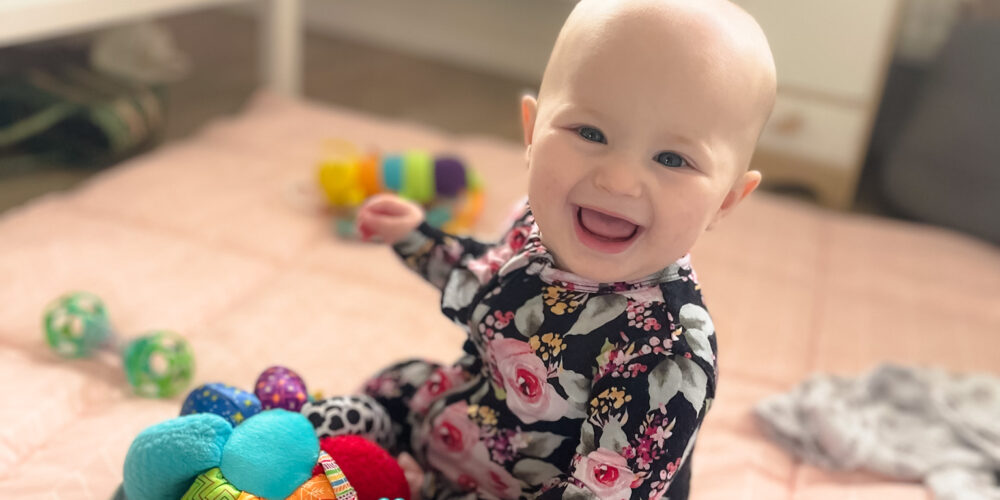As a parent, it’s tough to see your child act differently without knowing why. If they stumble, complain about the room spinning, or suddenly avoid their usual activities, it might leave you wondering if something is wrong. One possible explanation could be vertigo, a condition that makes your child feel like they or their surroundings are moving when everything is still.
What is the condition all about?

What Is Vertigo?
Since kids don’t always have the words to describe what they’re feeling, they may use words like dizzy or that the world is spinning, but it really might be vertigo. This condition creates the sensation that the world around your child is spinning or moving when everything is still. It often stems from issues in the inner ear or nervous system, which control balance. Kids experiencing this may feel as if they’re falling or floating, even while standing still.
Unlike brief dizziness from standing up too fast, this condition can last for minutes to hours and may leave children feeling confused or unsteady. While it’s unsettling, it is often manageable with the right care and attention. Now, let’s explore some signs to watch for.
1. Complaints of Spinning or “Weird” Sensations
Children experiencing balance issues may say things like:
- “The room feels like it’s moving.”
- “I feel dizzy.”
- “It’s like I’m floating or falling.”
Since kids’ vocabulary can be limited, they might call it being “wobbly” or “off.” If your child describes this sensation more than once, especially during everyday activities like walking or standing, it might be worth looking into.
2. Frequent Stumbling or Clumsiness
While all kids trip and fall occasionally, repeated stumbling could signal that your child is struggling with coordination. Balance problems caused by this condition may make it hard for them to stay steady on their feet, even on flat surfaces. You might notice them reaching out to walls or furniture for support, especially when getting up or walking across a room.
3. Avoiding Physical Activities
A child who loves running, playing sports, or jumping on the playground may start shying away from these activities. If they avoid things that require a lot of movement or coordination, like bike riding or climbing, it could be because they don’t feel steady enough. Kids often try to hide discomfort, but a noticeable change in activity level can be a sign that they’re struggling..
4. Complaints of Nausea or Vomiting
Dizziness or balance problems can trigger nausea or vomiting, similar to what happens with motion sickness. If your child feels sick to their stomach or throws up without any signs of infection, it could be linked to an episode of dizziness. Look for patterns: does your child get queasy after standing up quickly, after being active, or when lying down? If the nausea comes and goes without another clear explanation, this could point to an issue with their sense of balance.
5. Sensitivity to Noise or Bright Lights
Some children might become unusually sensitive to loud sounds or bright lights during an episode. If your child covers their ears or squints more than usual, especially when they’re feeling “off,” it could be related to their balance system being overwhelmed. This hypersensitivity might show up as mood changes, too, like irritability or withdrawal from noisy, stimulating environments.
6. Fatigue or Need for Frequent Breaks
It takes a lot of energy to manage balance issues, and kids may need more rest to cope. You might notice them sitting down often, asking for more breaks, or becoming easily exhausted during play. In some cases, they could avoid walking or physical activity altogether, not because they’re lazy but because it feels too draining or uncomfortable.
7. Headaches or Facial Discomfort
Some children with vertigo may also experience headaches, often located around the forehead or temples. Others might feel pressure or discomfort around the eyes or ears. These symptoms can occur during or after an episode of dizziness and may come with increased sensitivity to light or sound.
When to Reach Out for Help
While most kids have moments of clumsiness or dizziness now and then, you want to monitor how often these signs show up and how they affect your child’s daily life. If you notice that your child is struggling with balance issues regularly or showing multiple signs listed above, it’s a good idea to talk with their doctor.
In some cases, these symptoms might indicate an ear infection, migraines, or benign paroxysmal vertigo (BPV)—a common cause of brief spinning episodes in children. If further evaluation is needed, your pediatrician may refer you to a specialist, such as an ENT doctor or neurologist.
Final Thoughts
The bottom line in all of this is so you can help your child get the right care and support they need. While it’s often nothing serious, balance issues that linger or interfere with your child’s daily activities should be taken seriously. Trust your instincts, monitor changes in their behavior, and don’t hesitate to contact your pediatrician if you’re concerned.







Leave a Reply